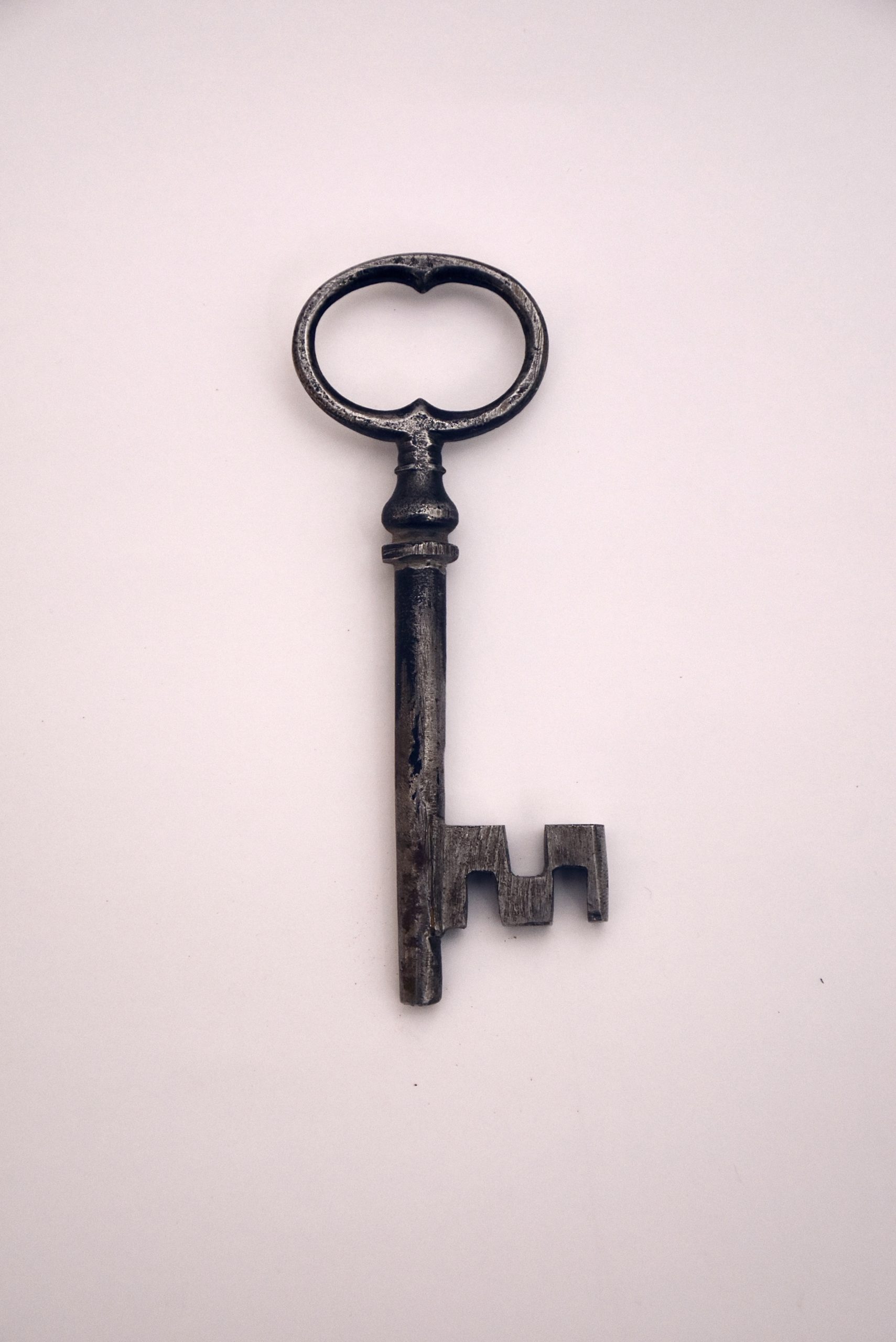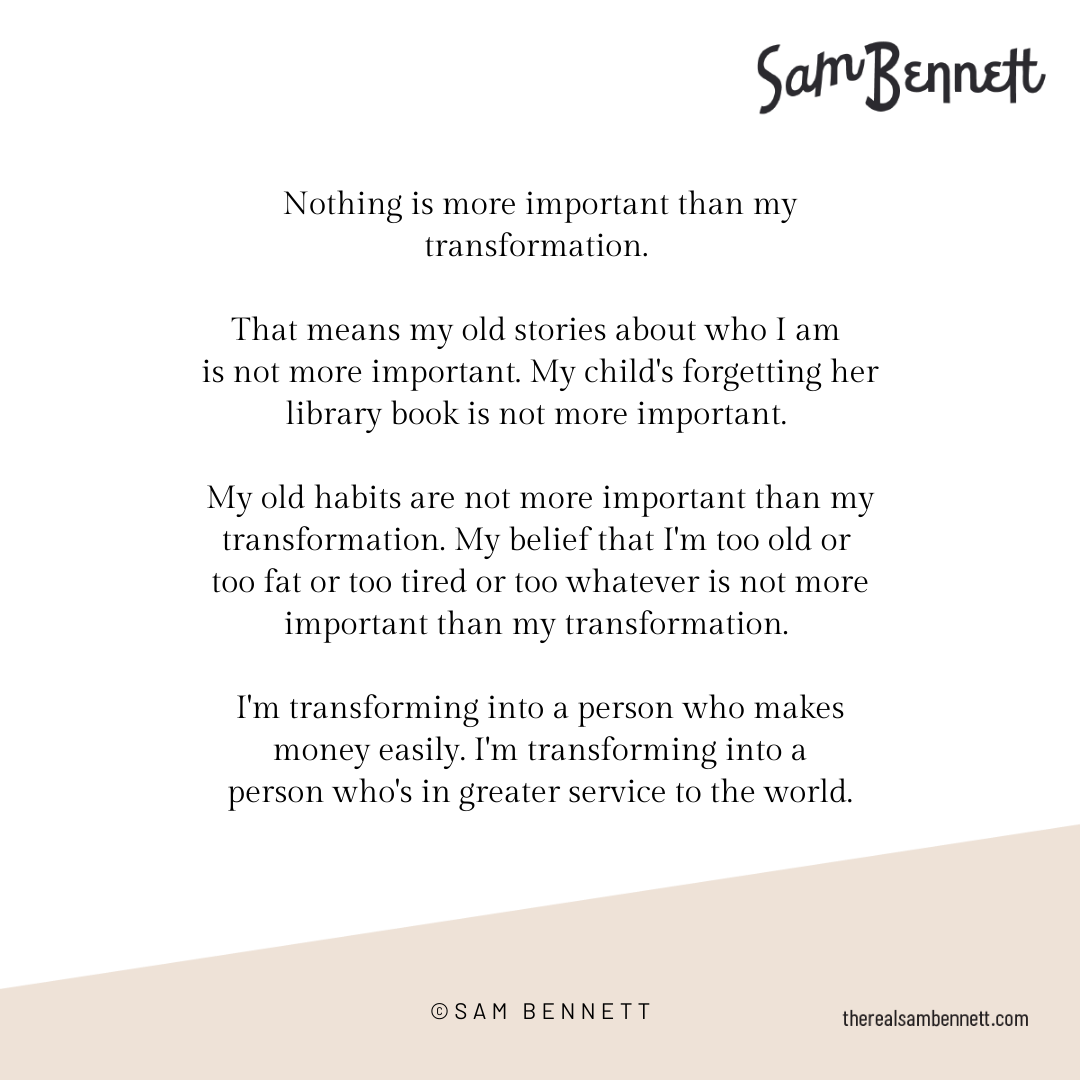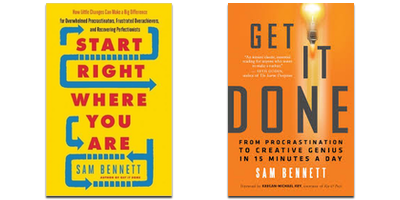I want to talk about a woman named Vinca Heart. She grew up in East Berlin, and she’s a fascinating person and a really good teacher. At the time, she was teaching a sort of sales strategy- how to talk to people from different backgrounds about stuff in a way that they can hear you a little bit better.
Like I said, she was teaching us specifically for sales. I think it applies to everything. Like I said, I didn’t create this. I learned it from somebody else and it is filled with massive generalizations. So if you’re sitting there thinking Sam, these are massive generalizations. You’re right. They are. But, they can at least be a useful construct to start to think about some of these things.
This is how to convince anyone of anything, more or less. And I’m assuming that you’re using your powers for good.
Working Class
Vinca’s theory was that if you are talking to people from a more working class background, they tend to be pretty straight forward. So, you don’t want your offer or what you’re talking about to seem super complicated or have a lot of gray area. If you’re talking to people of a working class background, they’re used to working hard for their money and so you don’t want it to be too fancy. You don’t want it to seem like too good of an offer. You don’t want to snowball anybody. You want to be pretty straightforward and direct about what the facts are.
If you’re coaching them, if you’re working with them, you might want to help them see that maybe not everything needs to be so hard, that you don’t actually have to work hard for everything. Some things can be easy and that’s okay- money can come easily and that’s okay, or that a person can relax and that’s okay.
Middle Class
For people with a more middle class background, she said they get very concerned about being normal. They kind of want to do what everybody else is doing. They want to move to the suburbs that everybody else is moving to. They want to have the same furniture.
So, this is where you start to see designer labels, right? Because nobody’s ever going to criticize you for having a coach bag. So, it’s about being normal. It’s about being committed. She said oftentimes, these people will express emotional discomfort as though it’s physical discomfort. If they get emotionally uncomfortable, they’ll start to say, well, it’s very cold in here or this chair isn’t comfortable.
I have absolutely witnessed that, and I thought that was a really astute observation. So, if you are talking to people who have a more middle class background, give them cookies and juice. Make them physically comfortable, and maybe let them know that it’s okay. Let them know that other people have done this thing. Give them a form to fill out. Let them know that this is not too weird, but also you can let them know that it’s okay for them to let their freak flag fly a little bit. Let them know that the parts of themselves that they may think of as weird or not trustworthy or unusual… that it’s okay to let that flower and grow a little bit.
And like I said, these are massive sweeping generalizations, but they’re thought provoking.
Upper Class
The next sort of class of person she talks about is what she calls the Rockefellers, which is people who have a lot of money. And she says, for people who have a lot of money, they are concerned mostly with ethicacy and privacy. They need to know that what you are doing will work and they need to know that you’re not going to spread their business all over town.
So, if you are selling a higher end offer or you’re selling something to higher income people, you don’t need to show them that it’s a good deal (the way you do with working class people) nor do you need to show them that everybody else is doing it (like you do with middle class people). In fact, they will probably be not interested in those two things.
They’re interested in uniqueness. They’re interested in having their own thing, but they are perfectly happy to fly the dog acupuncturists to Hawaii first class, if that’s going to solve the problem. So those people, you really want to meet them head on. You want to make eye contact, shoulder contact, square shoulders, square hips. Let them know that you are trustworthy.
She also said this is often where you see the designer labels start to disappear. The tailoring gets better. The fabrics get better, but the designer labels start to go away for some people. And in my experience of some of the really super rich, they dress like the gardener. I mean, they wear the oldest rattiest things possible, just cause they’re comfortable in that. Unless of course, they’re going to a black tie event, in which case they get the jewels out and all bets are off.
The Fourth Class
She’s talking about these three groups of people and it was all interesting. And then she said, there’s a fourth class. And she said, they’re the creatives, that’s us. They’re the creative class. And she said, the creatives can come from any one of those backgrounds, but they will have kind of been the misfit. They will be the black sheep in that family, which is what I would say. We were the weird kids. Weird kids in our family. We were the weird kids at school. We were weird. Cool maybe, but weird. And she said, when you are talking to creatives, the first thing you need to do…I’ll never forget this.
The first thing you need to do is honor their survivorship.
So that’s what I want to say to you. Congratulations- you survived in a world that is not exactly made for you. In a world in which you often feel like an outsider, that you often have a different perspective on what’s going on than everybody else does- you have survived. You have figured out how to make it work. You have created a niche in the community for yourself. You’ve found this page and this community, this family, and that’s no small thing.
With creative people, you need to let them make their own decisions. With the creative people, I could give you a form, but you’re going to turn it over and start doodling on the back of it.
I know we can’t always tell what somebody’s economic background is. It’s funny- some of my wealthiest friends started out with a very blue collar background and they still behave more like blue collar. Their initial reactions to things are more like a blue collar reaction than a Rockefeller reaction.
For most of the highly creative people, I know we really only have two switches. We only have on and off. It’s very difficult for us to sort of suit up and show up and not care about what’s going on. We have to care- if we don’t care, we won’t show up at all. So, let your heart be in your work and know that nobody can dim your light. Nobody can take away your special. Your creativity has never abandoned you. Not once. Not for one moment. It is right there constantly by your side.
Note the fact that you always smack it around and say like, that’s not a good idea. I can’t do that. What do I think I am? But your creativity just says, I love you. I’m here. I love you.














